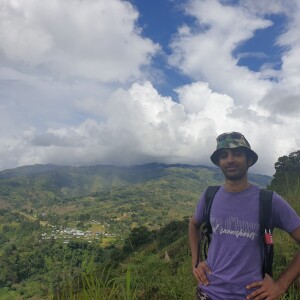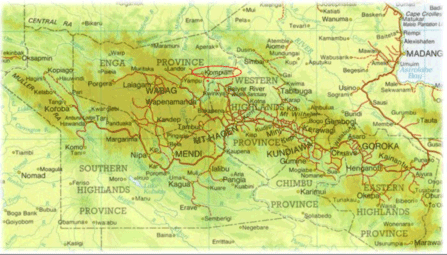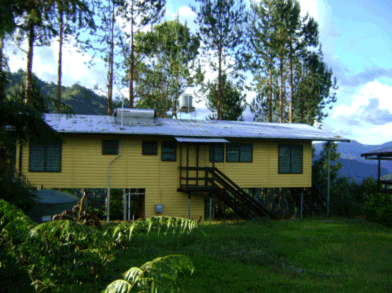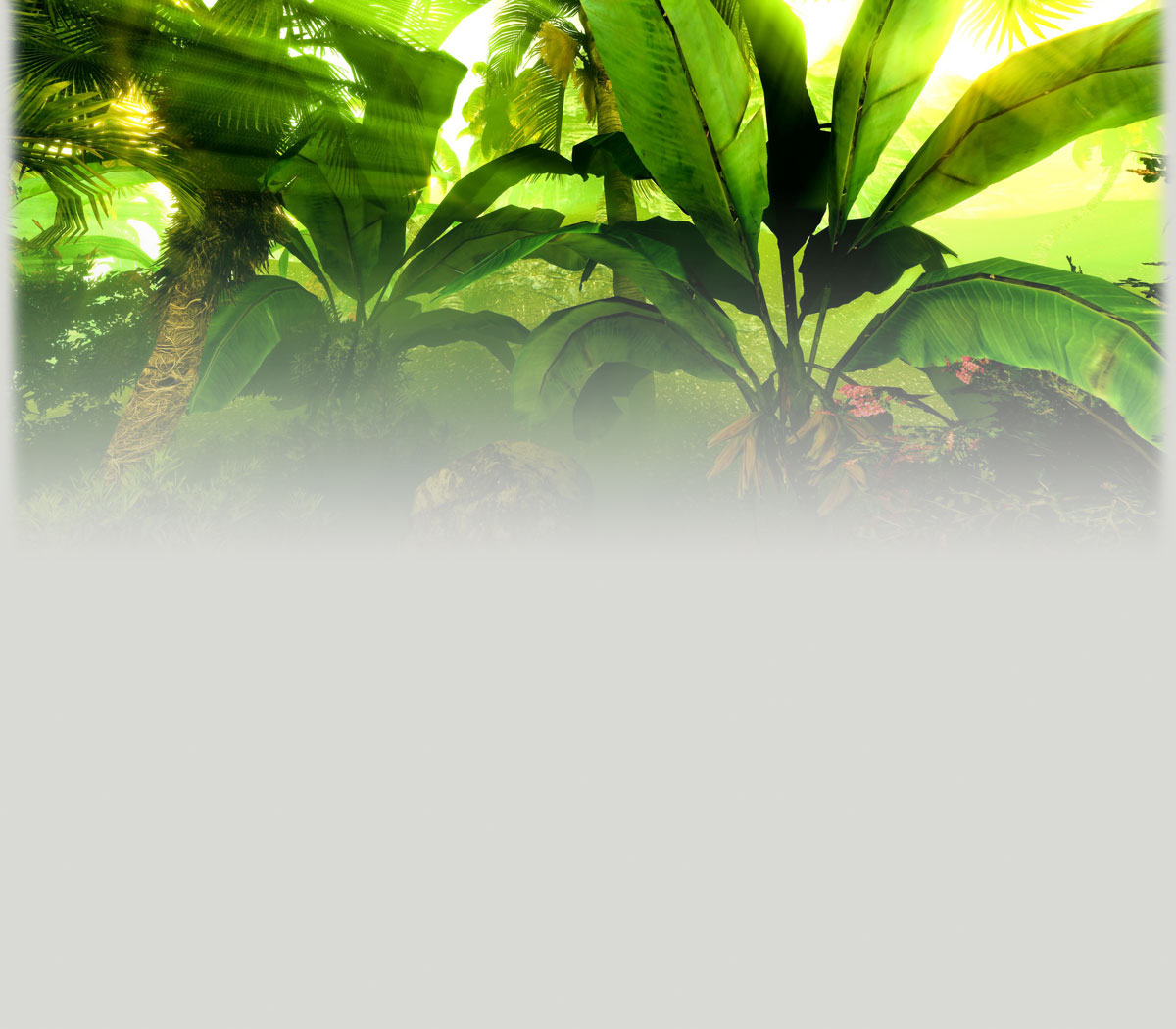Getting Here
Kompiam Survival Guide 2024 –
By Pranav Satish (6th Year University College London)
_________________________________________________________________________________________________________________
In short the usual trip looks like this – Home to Brisbane or Cairns, then on to Port Moresby in the morning followed by an afternoon flight to Mt Hagen. Overnight in Hagen, shopping in the morning and then drive to Kompiam in the afternoon. The alternative routes into Port Moresby are via Singapore or Manlia, and then catch the connecting flight to Mt Hagen.
But before all that… here are the
Travel Requirements for Entering Papua New Guinea
Passport
Your passport must be valid for six months from the date of departure from PNG.
Visa
There are several visa options depending on your circumstances.
For visitors coming for 30 days or less, you may find Visa on Arrival (VOA) is the best option for you. At the time of writing (April 2020) this is free, but has cost as much as K150 at various times in the past. Just line up at the appropriate queue on arrival at Jackson Airport, Port Moresby.
For stays between 30-60 days, there is an extended version of the short stay visa. Look for this on the government immigration and Citizenship Authority (ICA) website https://ica.gov.pg/ or contact your nearest consulate.
For over 60 days, its best you contact us and we can direct you to an immigration agent. If you are a student or resident, then an Occupational Trainee Visa (OTV) may be the best option. An Occupational Trainee Visa (OTV) is for individuals who intend to undertake workplace-based training in order to upgrade or develop their skills, this includes students undertaking medical electives. Visit the website https://ica.gov.pg/ to download the application. Validity of this visa is subject to the individual circumstances of the applicant. It costs 40 US Dollars.
Visa and other entry and exit conditions (such as currency, customs and quarantine regulations) change regularly, so it is advisable to contact the nearest High Commission, Embassy or Consulate of Papua New Guinea to get up-to-date information before you come. You could also just contact us and we can tell you what we know of the current visa situation.
Booking Flights
Flights come daily from Brisbane and Cairns to Port Moresby with Air Niugini and Virgin Australia. With the expanding demand from the LNG gas and other resource projects, Qantas offers some services as well. There are direct flights from Sydney with Air Niugini some days of the week. Visit the relevant websites (www.airniugini.com.pg , www.apng.com, www.virginaustralia.com, www.qantas.com).
Port Moresby to Mt Hagen
From Moresby you need to get to Mt Hagen in the Western Highlands. Air Niugini and PNG Air run at least 4 services daily. We suggest getting into Moresby in the morning and then connecting on the afternoon Hagen service to avoid overnighting in Port Moresby, which can be expensive. There isn’t really much to see, and safety concerns make it not the sort of place to be touring around on your own anyway.
If you are coming in from Australia, you may have to stay overnight in Brisbane or Cairns. We recommend staying at Treetops Lodge in Cairns – beautiful, clean, lovely staff, comfortable and very affordable . They don’t do airport transfers though so you’ll need to catch a cab. (Treetops Lodge Cairns – www.treetopslodgecairns.org.au)
If you do need to overnight in Port Moresby, Mapang Missionary Home is without doubt the best option if you are on a budget. However it is a fairly popular location, being so reasonably priced compared to other Moresby alternatives, and so you may need to book well ahead. Mapang doesn’t do airport transfers either but the staff there can find you a safe cab. (Mapang Missionary Home – www.mapang.org).
Once in Hagen, we will usually be there to pick you up. If for some reason we can’t be there, we will organize someone from BUPNG to be there. Failing this, you can safely hop on a PMV (small 13 seater van) of which there are many hanging around. It will cost you two kina to get up to town. The BUPNG compound is opposite Ela Motors at Kimininga. If you have booked into a hotel, both Kimininga Lodge (conveniently adjacent to the BUPNG compound) and Highlander Hotel do airport pickups – their drivers are usually very friendly and even if you aren’t staying with them, they will often help out if you desperately need a lift.
You will probably need to overnight in Hagen, as the trip to Kompiam sometimes can’t be done same day you arrive. The best catered option (combine best price, clean and convenient) is probably Kimininga Lodge. Highlander Hotel (www.coralseahotels.com.pg) is significantly more upmarket. . BUPNG sometimes have spaces in their accommodation at the main compound, but this is hard to predict. If we have it, it is cheaper, and we will try and slot you in when we can.
Getting from Hagen to Kompiam
The options are:
3-4 hours by road. 4WD.
Bumpy but great fun and you really get to see the country. Well worth doing if you don’t mind being a bit uncomfortable. We usually time picking you up with other business, so it won’t cost you anything most times. If we have to come for no other reason, we may ask you to make a contribution to fuel. We prefer not to have to drive up or back on a Sunday (we try to have break if possible!), so getting in to Hagen on a Friday or Monday is best for us (but we will come if there are no options so don’t stress!)
Light aircraft – 20 mins from Hagen.
MAF fly into Kompiam from Mount Hagen about once a week. However, depending on aircraft and pilot numbers available at the time the schedule can vary a lot. It pays to book well ahead and don’t be surprised if it gets cancelled last minute. Mondays is the most reliable day to fly to Kompiam so that would mean arriving in Hagen on the Saturday, doing some shopping Sunday and then flying out to Kompiam on Monday morning. (MAF will often want you at the airport by 7.15 am for checkin, so there is no time for shopping on Monday, and shops close 4pm on Sunday)
Shopping
Best Buy and Tininga in Mt Hagen are the options for groceries. Shops open from 7am -8pm Monday to Saturday and 4pm on Sundays. Get boxes to pack your gear and some tape to secure them. Keep your glass jars well separated if you are coming by road!
Market shopping
Hagen has the best Market in PNG by far, and a great variety of very organic, very cheap veggies and fruits are available. You will need an escort though as pickpockets unfortunately abound there. A lesser variety of veggies are available at several stops along the road to Kompiam.
Food in Kompiam
The hospital has a small store where you can get such essentials as Coke and 2-minute noodles. Oh yes, you can also get flour, sugar, soap, rice (tends to go quick), matches, oil, toilet paper and some frozen items as well. There are also a few other stores around Kompiam with similar goods.
The market in Kompiam is pretty dismal though. You can get sweet potato, some corn, kumu (green leafy bits), and the very occasional cabbage. Best to get your gear in Hagen would be the summary statement there.
Accommodation in Kompiam
We have the medical student house available which is a lovely 3 bedrooms house overlooking the river. It has good amenities including solar fridge and full solar lighting, washing machine and hot water. However it is often booked up. Medical students always get first priority as they raised the funds for its construction. When available, the fee is K75 per person per night. (around A$27).
Getting out
Hopefully you won’t want to go too soon, but when the time comes, the options are same as for getting in, with the exception that MAF doesn’t often come on a Friday. Monday is their main day here. You can get lucky on other days, but often it means having to go out by road.
Important numbers
In case you get into trouble
Dr. Rebecca Williams –
Charles Amai – 73050447
Lorraine . Thompson – 73498700
BUPNG Health Dept – 542 1866/542 0473
BUPNG General Secretary office – 542 2805





